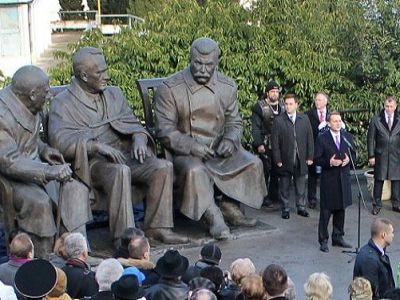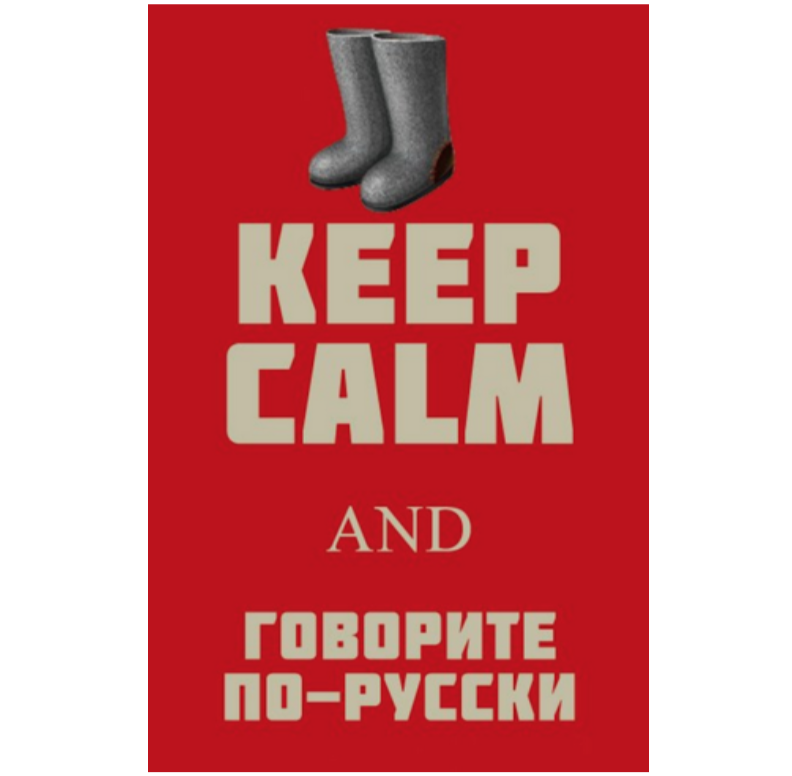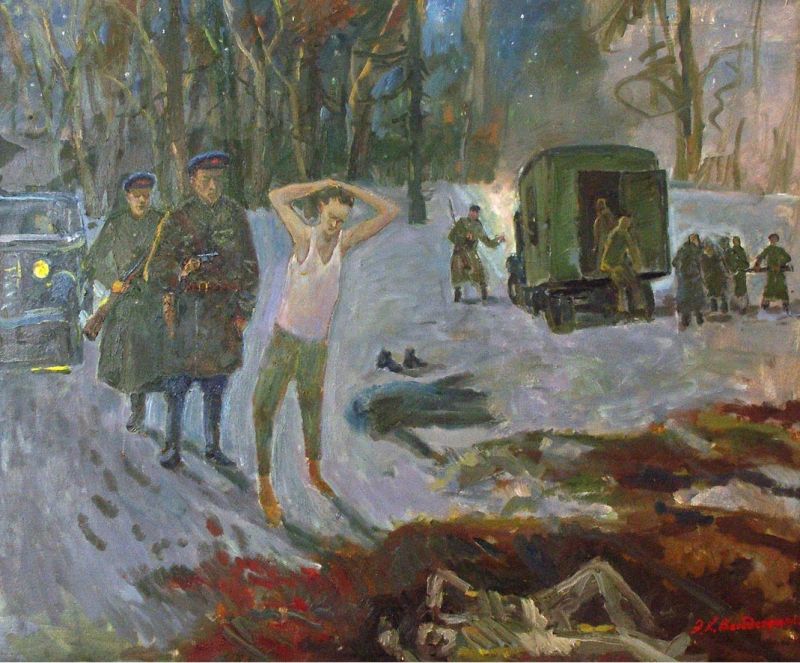“Stalinist,” like many epithets, is not so much an explanation as something that needs to be explained, US-based Russian historian Irina Pavlova says; and in a new post, she argues that Stalinists are best understood as people who share five particular and interrelated beliefs.

First of all, she says, a Stalinist is someone who supports traditional Russian statehood and great power. Indeed, “the basis of Stalinism lies in Russian state traditions …as embodied in the rule of Ivan the Terrible.” During more liberal periods in Russian history, these ideas have receded into the background somewhat, but they have never disappeared.
That means, Pavlova says, that “the state in Russia is not the civil service [as is the case in other countries] but [an independent] demiurge-power. Power itself is the highest value, it is always primary and the people are always secondary, even though formally the Stalinist declares the Russian multi-national people as the source of all power.”
Second, Pavlova continues, “a Stalinist is a supporter of ethnic Russian state nationalism. The ideal of the Stalinist is only a centralized and unitary state … [and] in this Russian picture of the world, federation as a system of government organization is alien both to the supreme power and to public consciousness,” whatever the country is called.
Third, she says, “a Stalinist is a supporter of government ownership and control not only of natural resources but of industry and also of the active interference of the state in the development of science, culture, the social sphere and health care.” Often Stalinists criticize Putin for failing to carry out “a new industrialization of the country.”
Fourth, “a Stalinist is a supporter of the development of military industry which in his language is always called not military but defense. In reality, the purpose of this industry is entirely different: not defense against an external enemy but the affirmation of the status of Russia as a great power in the world by force of arms and the militarization of his own country.”
Fifth, a Stalinist is someone whose consciousness is opposed to law. “He may call for ‘the dictatorship of law,’ but the orders of the supreme power, as a rule, secret are for him always ‘higher than formal legality,’” and he is quite prepared to use “illegal methods” against corruption or other ills.
And sixth, “a Stalinist is a supporter of social projects introduced ‘from above,’ be it socialism, democracy or a legal state.” Thus, “calls to ‘build socialism in one country’” are for a Stalinist equivalent to “calls to ‘build a democratic legal state.’ In any case, this means actions ‘from above,’” and that inevitably involves “force and repressions.”
Related:
- Putin elites want ‘Stalinism without Stalin’ and ‘repression with a human face,’ Rubtsov says
- Shmulyevich: Putin to reprise Stalin’s Winter War in Finland strategy against Ukraine
- Kremlin-promoted, mythologized Russian past opens the way to a return to Stalinism
- Putin feels a kinship with Stalin and Ivan the Terrible, Eidman says
- ‘Stalin’s second coming will require victims,’ Moscow paper says
- No foreigner cracked Russians’ top ten statesmen of all times and places
- The real clash of civilizations: Last Lenin comes down in Kyiv as Stalin cult rises in Moscow
- ‘Putin’s GULAG more horrible than Stalin’s,’ researchers say
- Moscow completely restores and promotes Stalinist conception of WW2, Pavlova says
- Putin follows Hitler and Stalin in seeking to repress Jehovah’s Witnesses








